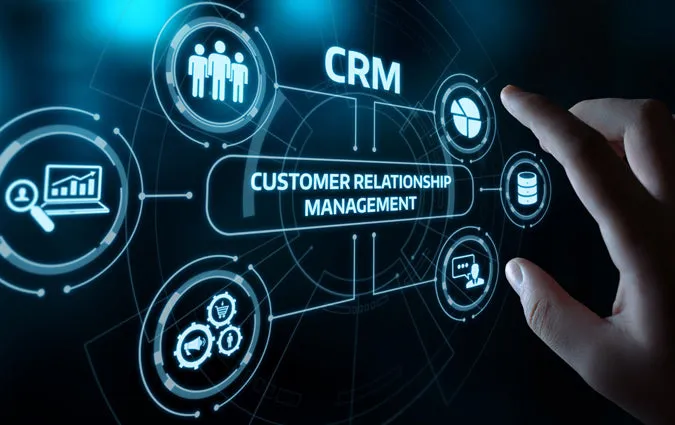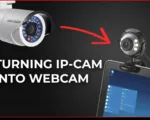Security systems installers face unique challenges when it comes to managing their leads and customer interactions. From dealing with complex installations to managing ongoing service needs, installers need a way to keep track of their customers and ensure that they’re meeting their needs. This is where a Customer Relationship Management (CRM) system comes in. In this article, we’ll explore the benefits of implementing a CRM system for security systems installers and provide tips for choosing and implementing the right system for your business.
What is a CRM system and how does it work?
A CRM system is a software application that allows businesses to manage customer interactions and track customer information in a centralized database. It provides a single view of the customer across multiple channels, allowing businesses to better understand their customers and personalize their interactions. A CRM system can help security systems installers manage their sales processes, automate tasks, and provide valuable insights into customer behavior.

Benefits of using a CRM system:
Efficient lead management: A CRM system can help security systems installers manage their leads more efficiently, ensuring that they’re following up with potential customers in a timely and organized manner.
Improved customer insights: By collecting and analyzing data about their customers, security systems installers can gain valuable insights into customer behavior and preferences, allowing them to personalize their interactions and improve customer satisfaction.
Streamlined sales processes: A CRM system can automate many of the manual tasks involved in the sales process, such as lead qualification and follow-up, freeing up time for installers to focus on more important tasks.
Tips for choosing the right CRM system:
Determine your business needs: Consider what features and functionality your business requires, such as lead management, contact management, and reporting.
Evaluate different systems: Research different CRM systems and evaluate them based on your business needs and budget.
Consider ease of use: Choose a system that is easy to use and customize, so that you can quickly get up and running without the need for extensive training.
Ensure compatibility: Make sure that the CRM system you choose is compatible with your existing software and tools.
Best practices for implementing a CRM system:
Involve your team: Get buy-in from your team and involve them in the implementation process to ensure that they understand how the system works and are motivated to use it.
Set goals: Set clear goals and objectives for your CRM system, such as increasing sales or improving customer satisfaction.
Train your team: Provide training and support to your team to ensure that they know how to use the system effectively.
Monitor performance: Monitor the performance of your CRM system and make adjustments as needed to ensure that you’re getting the most out of it.
Real-world examples:
XYZ Security Systems implemented a CRM system and saw a 25% increase in sales within the first year.
ABC Security Systems used a CRM system to automate their lead management process, freeing up time for their sales team to focus on more important tasks.








